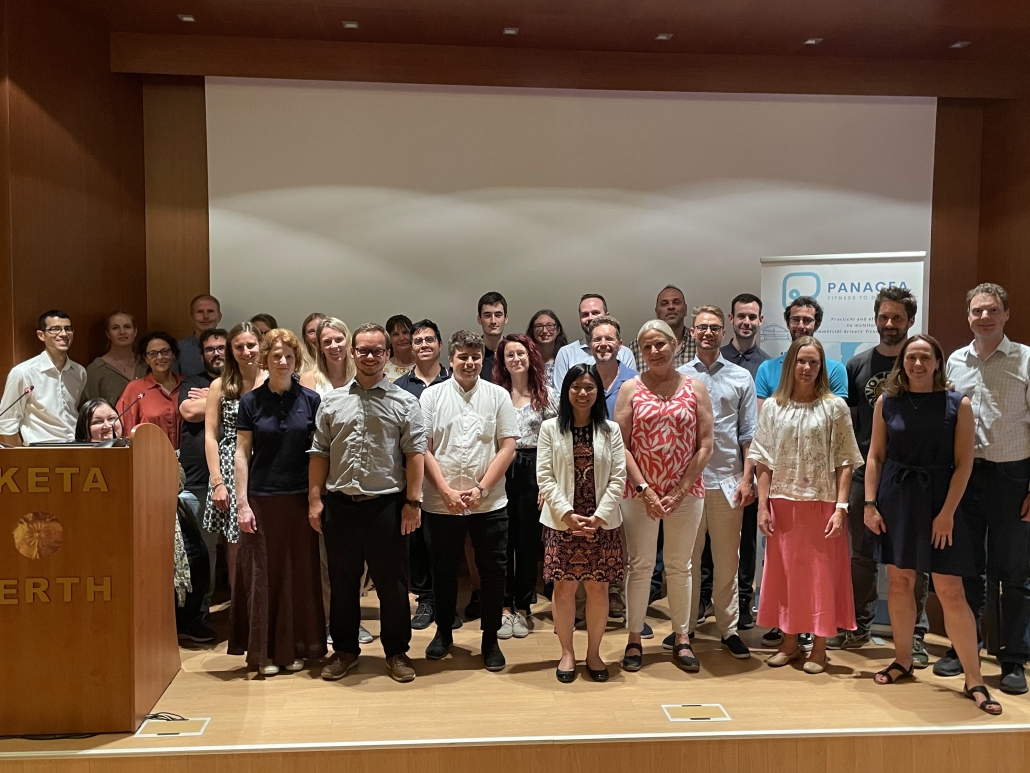A difficult challenge for today’s driver monitoring systems is the detection of cognitive distraction.
New research, recently published in the journal ‘Sensors’ by members of the PANACEA project team, presents the development of a theory-driven approach for cognitive distraction detection during manual driving based on temporal control theories.
It is based solely on changes in the temporal variance of driving-relevant gaze behavior, such as gazes onto the dashboard (TDGV). Validation of the detection method happened in a field and in a simulator study by letting participants drive, alternating with and without a secondary task inducing external cognitive distraction (auditory continuous performance task).
The general accuracy of the distraction detection method varies between 68% and 81% based on the quality of an individual prerecorded baseline measurement. As a theory-driven system, it represents not only a step towards a sophisticated cognitive distraction detection method, but also explains that changes in temporal dashboard gaze variance (TDGV) are a useful behavioral indicator for detecting cognitive distraction.

